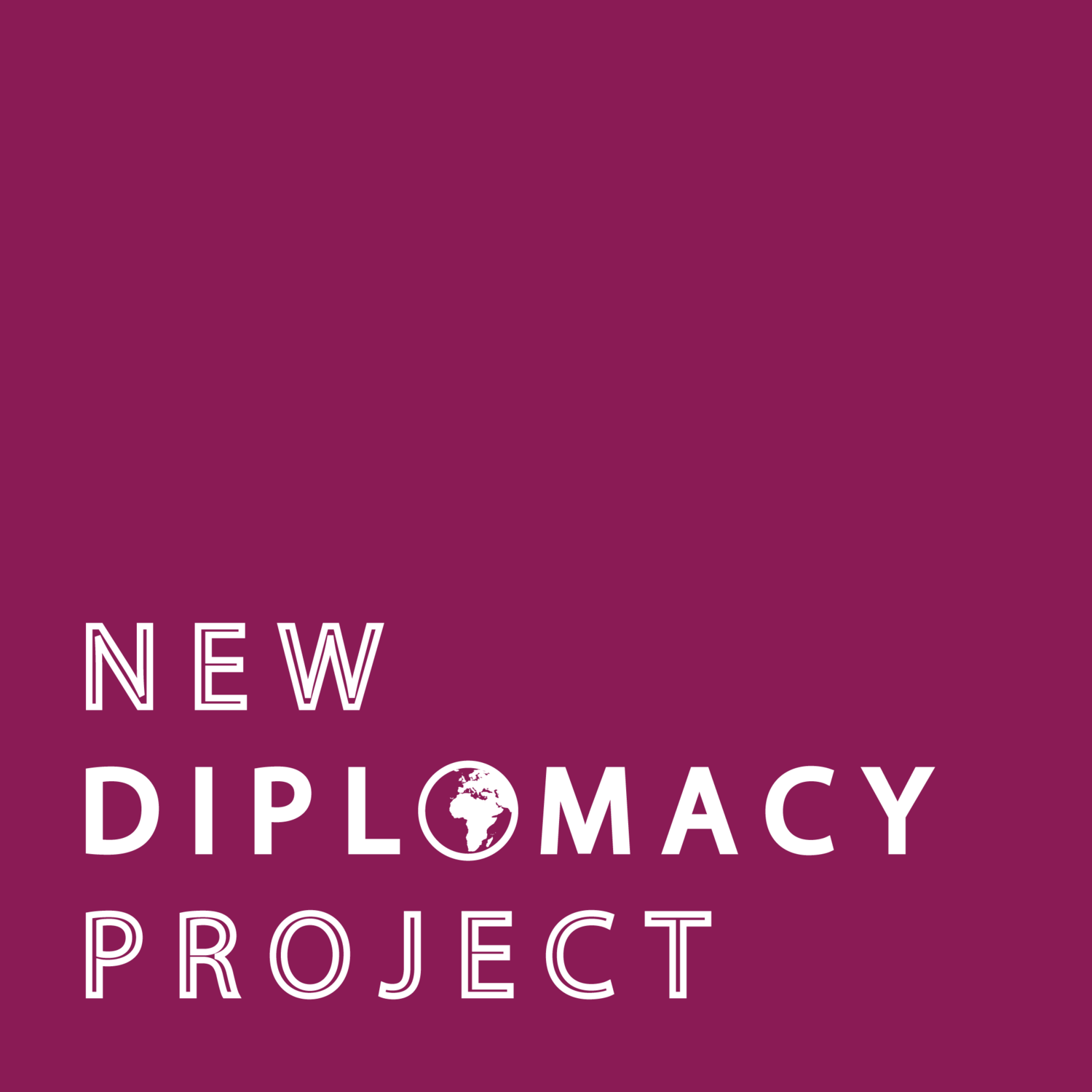Türkiye’s Pivot to China: Balancing Strategic Autonomy and Western Alliances
TOP LINES:
Türkiye’s pivot to China presents both challenges and opportunities for UK foreign policy, requiring a nuanced approach to maintain strategic interests while adapting to shifting global dynamics.
The UK must balance its NATO commitments and Western alliances with the need to engage Türkiye as a potential mediator in complex international situations, particularly in regions where Western access is limited.
Türkiye’s relationship with China has evolved significantly, reflecting Ankara’s pursuit of strategic autonomy and economic diversification.
The relationship is characterised by economic synergy, particularly through the alignment of China’s Belt and Road Initiative (BRI) with Türkiye’s Middle Corridor Project.
Türkiye views its engagement with China and organisations like BRICS as a way to amplify its global influence and develop alternatives to Western-dominated institutions.
Türkiye’s approach is defined by a ’360-degree foreign policy’ that prioritises flexibility and strategic independence.
While economically beneficial, the Türkiye-China relationship faces challenges, including significant trade imbalances favouring China and competing interests in Central Asia and the Caucasus.
The Uyghur issue in Xinjiang remains a point of tension, though Türkiye has recently softened its rhetoric to focus on mutual economic and political gains.
Türkiye’s NATO membership creates structural constraints on its relationship with China, as China is viewed as a challenger to the Western liberal order.
Türkiye’s engagement with China does not signify a rejection of NATO or the EU, but rather an effort to reduce dependency on Western allies and maximise its national interests in a changing global landscape.
Image courtesy of Unsplash and taken by Ahmet Demiroğlu
